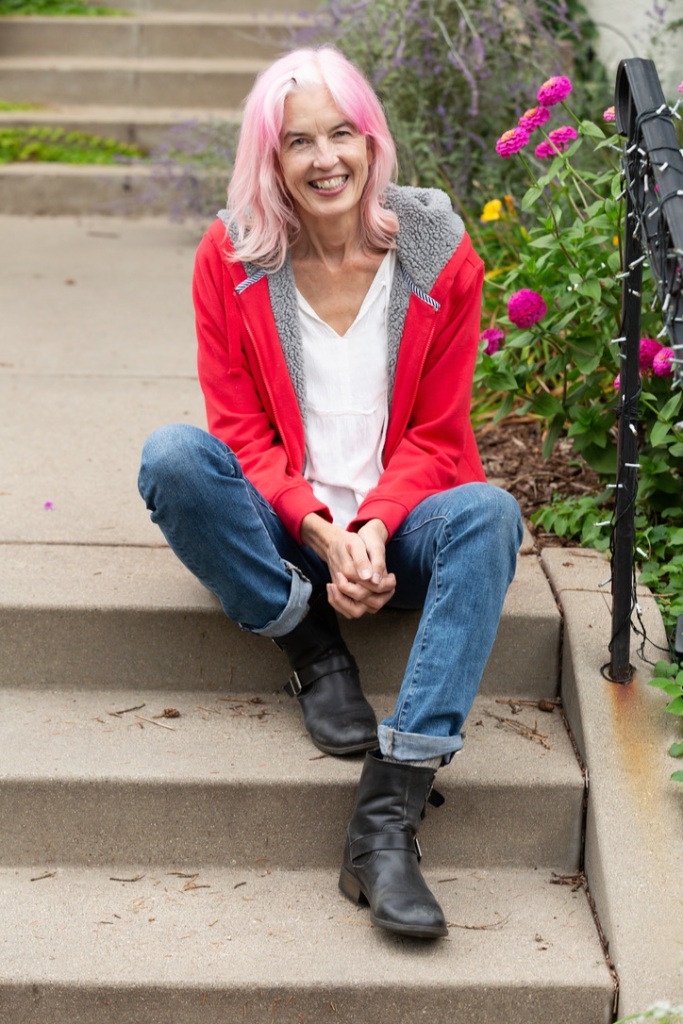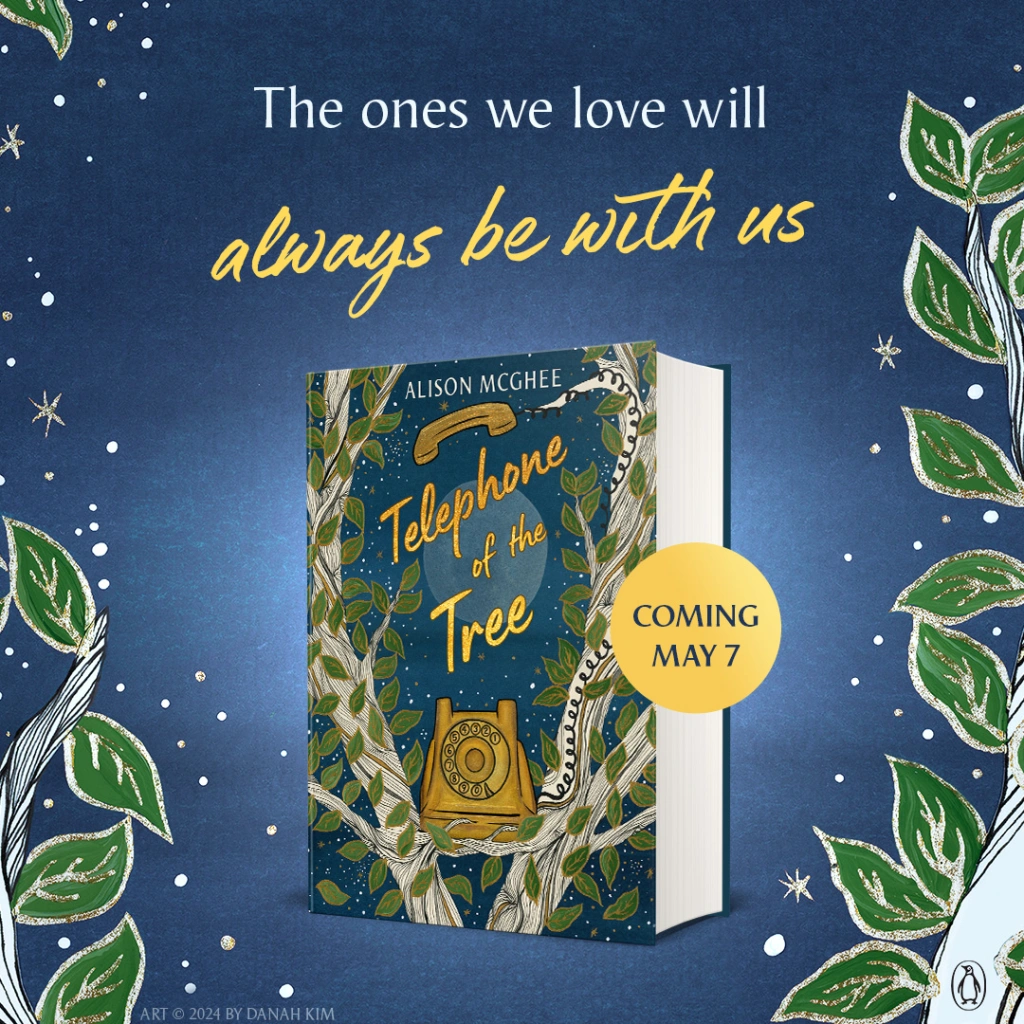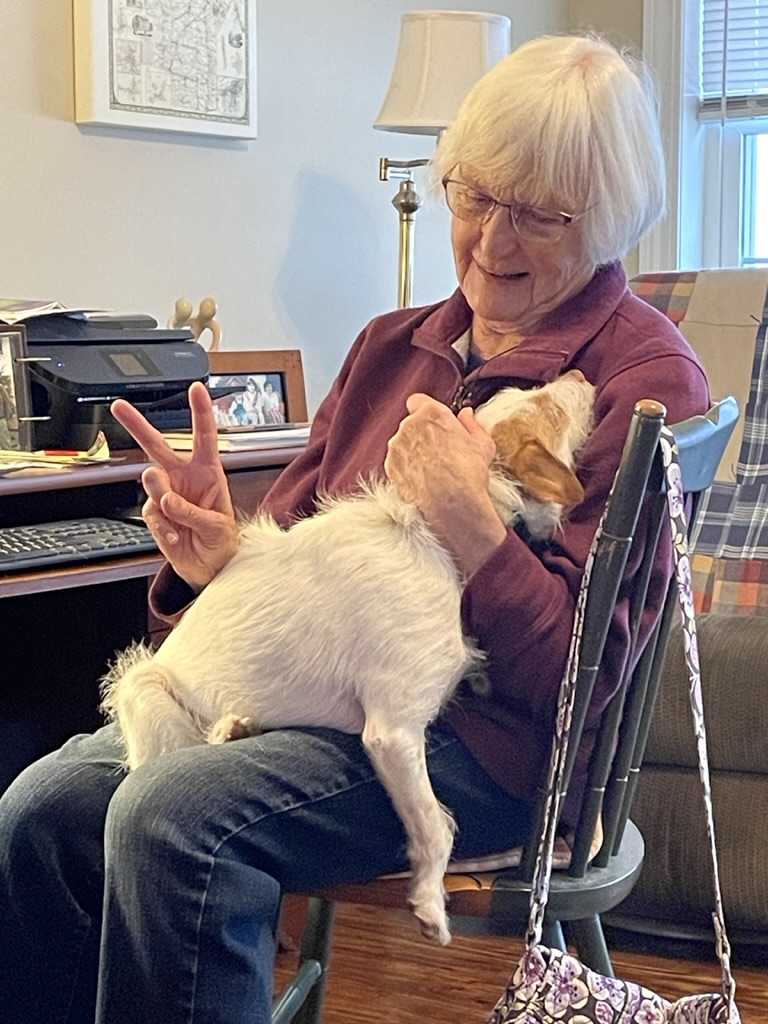Poem of the Week, by Leo Dangel
This summer I’m offering a mini-session of our popular Write Together sessions, July 17-19, in which we gather on Zoom for an hour in the morning and an hour in the evening and write quietly together from a guided prompt. $100, with two half-price scholarships available, no questions asked. Please click here for all the details. I’d love to see you in the Zoom room.

Some friends and I were talking last week about certain memories that sustain us, that we keep somewhere way down in our hearts and don’t talk about with anyone, ever, but that we remember when we need strength, when we need to be reminded of who we are way down deep. A certain person, maybe, or a certain conversation, or a certain evening. These memories are a kind of invisible, silent fuel.
His Elderly Father as a Young Man, by Leo Dangel
This happened before I met your mother:
I took Jennie Johanson to a summer dance,
and she sent me a letter, a love letter,
I guess, even if the word love wasn’t in it.
She wrote that she had a good time
and didn’t want the night to end.
At home, she lay down on her bed
but stayed awake, listening to the songs
of morning birds outside her window.
I read that letter a hundred times
and kept it in a cigar box
with useless things I had saved:
a pocket knife with an imitation pearl handle
and a broken blade,
a harmonica I never learned to play,
one cuff link, an empty rifle shell.
When your mother and I got married,
I threw the letter away –
if I had kept it, she might wonder.
But I wanted to keep it
and even thought about hiding places,
maybe in the barn or the tool shed,
but what if it were ever found?
I knew of no way to explain why
I would keep such a letter, much less
why I would take the trouble to hide it.
Please click here for more details about poet Leo Dangel.
alisonmcghee.com
My podcast: Words by Winter









